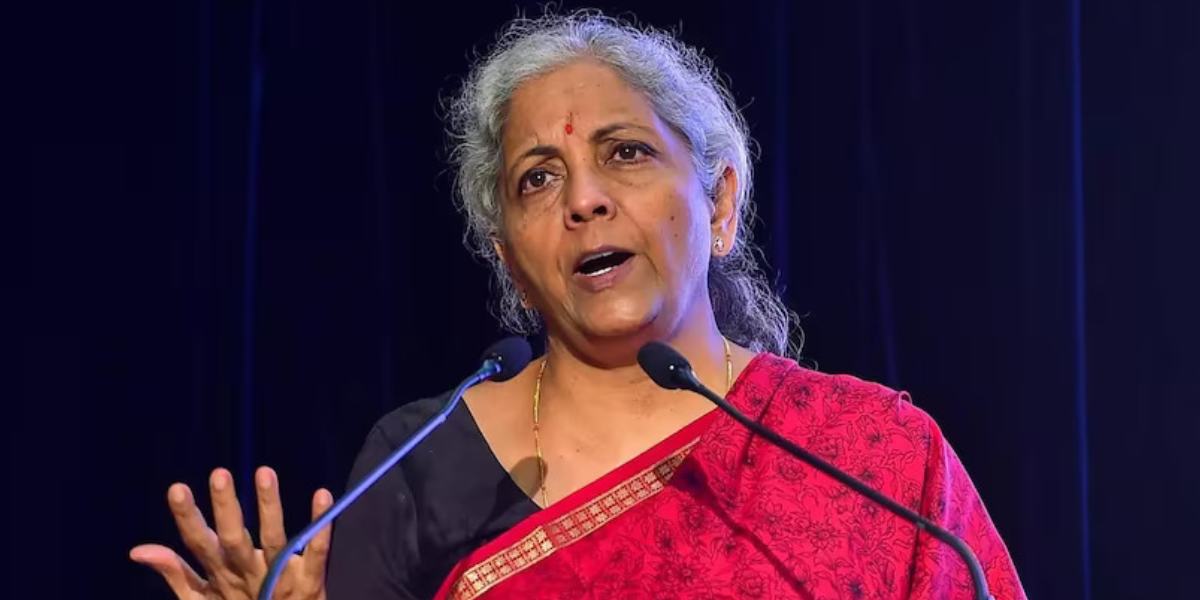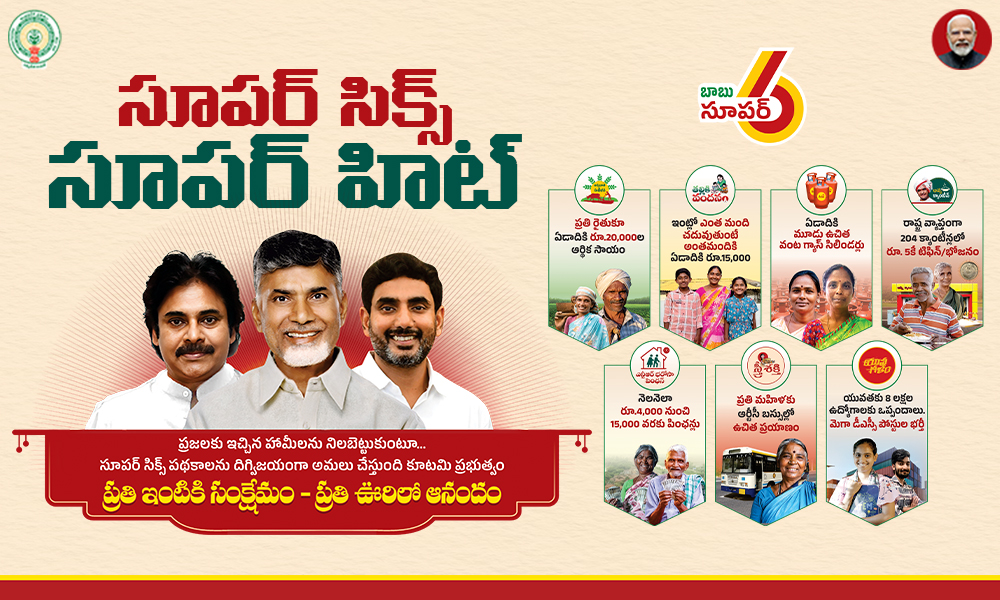Finance Minister Nirmala Sitharaman announced a November GST Council meeting to decide on reducing health insurance GST, with a GoM review due in October.
Published Sep 09, 2024 | 11:16 PM ⚊ Updated Sep 09, 2024 | 11:16 PM

The extortion case is over the controversial electoral bonds scheme
After the GST Council of Ministers meeting on Monday, 9 September , Finance Minister Nirmala Sitharaman stated that a GST Council meeting will be held in November to decide on the reduction of the GST rate for health insurance.
A new Group of Ministers (GoM) has been established to review the GST rate reduction for medical health insurance and is expected to submit its report by the end of October.
“Two new Groups of Ministers have been formed. One is focused on medical and health insurance, specifically for rate rationalisation, and will be headed by the Deputy Chief Minister of Bihar. This rate rationalisation GoM, under his leadership and with new members who have volunteered specifically for medical health insurance-related GST issues, will examine the matter and provide a report by the end of October, in just 1.5 months,” said the Finance Minister.
Regarding the decision to refer the matter to a new GoM, Sitharaman explained, “There was substantial discussion, but the details made us realise there is more to understand and decide on. For example, many resident welfare associations have asked about group insurance for residents, company group insurance, senior citizens’ insurance, and the differences between life insurance and term insurance.”
She added that there are also requests concerning mental health-related insurance situations. Although mental health was initially a separate agenda item, it has now been included in this review. Due to the various dimensions of the issue, the council felt it was necessary for a GoM to look into it.
“The new GoM, which is essentially the same as the rate rationalisation GoM but with additional members for this specific purpose, will submit their suggestions by the end of October. The November GST meeting will then address these recommendations,” she concluded.
The imposition of 18 percent Goods and Services Tax (GST) on health and life insurance premiums has sparked significant political protests in India as over 250 Members of Parliament (MPs) have participated in demonstrations against the tax.
The issue gained traction following a letter from Union Minister Nitin Gadkari to Finance Minister Nirmala Sitharaman, urging the government to withdraw the tax. Gadkari argued that the tax burdens the middle class and hinders the growth of the insurance sector.
Union Minister Nitin Gadkari writes to Finance Minister Nirmala Sitaraman.
Asks for withdrawal of 18% GST on health+ life insurance.
Health insurance premiums for senior citizens are already too high!There is a need to bring down the GST to make policies affordable! pic.twitter.com/dWhA86q3tv
— Nikhil Jha (@NIKHILLJHA) July 31, 2024
The opposition, particularly the INDIA bloc, has organised protests in Parliament, demanding the removal of the GST on health and life insurance. Congress leader Rahul Gandhi joined these protests, highlighting the adverse effects of the tax on economically vulnerable individuals.
In response, the government stated in Parliament that the GST on health and life insurance has generated approximately ₹21,256 crore over the past three years, with ₹8,263 crore collected in the current financial year alone.
This substantial revenue has led to resistance against calls for a reduction or removal of the tax, as it significantly contributes to the government’s finances.
The imposition of 18 percent GST on health and life insurance premiums has crucial implications for the affordability and accessibility of insurance in India.
Increased costs for the middle class and senior citizens
The tax makes health insurance premiums more expensive, making it harder for the middle class and especially senior citizens to afford coverage. This is especially problematic given the already low insurance penetration in India compared to global standards.
Impact on insurance affordability
The 18% GST on health and life insurance premiums has led to substantial hikes in insurance costs. This increase, combined with rising medical inflation, has made health insurance less affordable for many citizens, particularly affecting the renewal rates of policies.
Hindrance to growth of the health insurance segment
The high GST rate is proving to be a deterrent to the growth of the health insurance segment, which is socially necessary. It makes health insurance less accessible to the population, affecting the overall health security of citizens.
Concerns from the insurance industry
Insurance industry representatives have expressed concerns that the high GST rate may deter potential policyholders and reduce overall insurance penetration in India, which currently lags behind global standards. The Confederation of General Insurance Agents’ Associations of India has noted that the GST on insurance is among the highest in the world, urging for a rationalisation of the tax rate to support the goal of “Insurance for All by 2047.”
Perceived unfairness
Imposing tax on health insurance premiums is seen as unfairly taxing people who are trying to protect themselves and their families from the financial risks of illness and medical emergencies.
Imbalance between life and health Insurance
Currently, 75 percent of insurance policies are life insurance while only 25 percent are health insurance. The high GST on health insurance exacerbates this imbalance and makes health insurance less attractive compared to life insurance.
While the GST Council sets tax rates, the government can still intervene and push for a reduction in the GST on health insurance premiums. The opposition views the government’s reliance on the GST Council as a “flawed argument” and continues to advocate for a tax reduction.
(Edited by Ananya Rao)
(South First is now on WhatsApp and Telegram)

